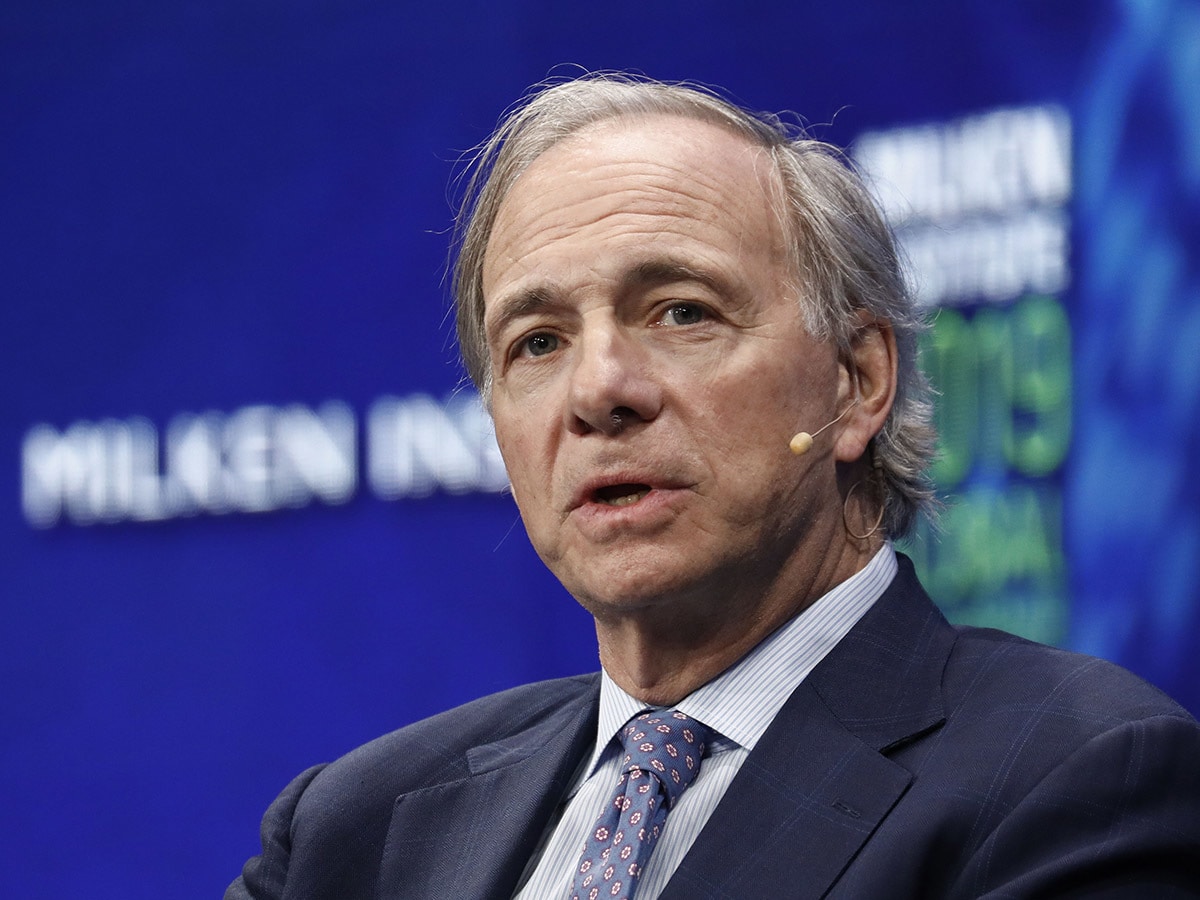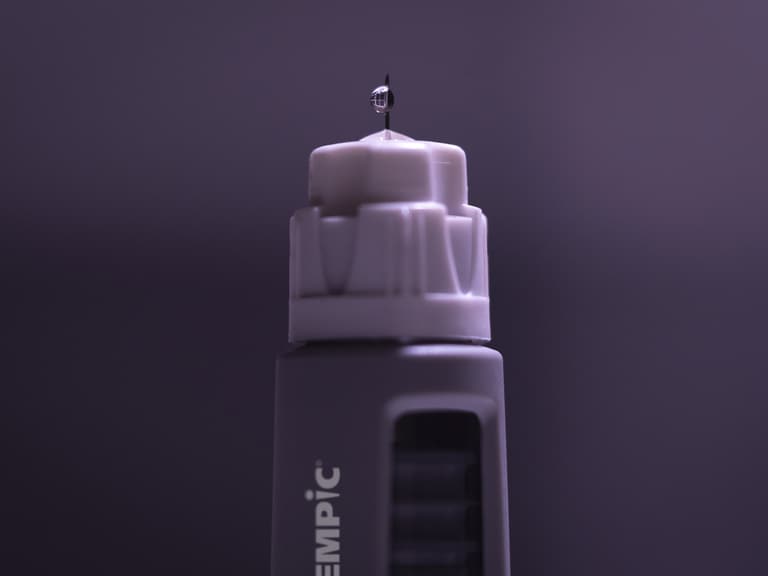Legendary hedge fund manager Ray Dalio boldly advised investors in a January TV interview, “Get out of cash. Cash is trash!”.
Those who acted on the Bridgewater Associate founder’s advice may now wish they hadn’t. As the devastating global impact of coronavirus sent markets into freefall, investors pulled $33bn from hedge funds — one per cent of the industry’s capital and the biggest quarterly drawdown since 2009 — while currency has become one of the safest options out there.
Meanwhile, Dalio’s own Pure Alpha II fund, with its simultaneous positions in bonds, stock indices and commodities, plunged a reported 20% over the first quarter. The fund has actually tracked the virus since January — but in what seems like an extraordinary misjudgement, Ray Dalio and his team at Bridgewater Associates decided not to step in and override its trading system.
20%
Pure Alpha Fund's decline in Q1
The power of hindsight
“We stayed in our positions,” Dalio admitted to the Financial Times, “and in retrospect, we should have cut all risk.”
It’s a sobering experience for Bridgewater, a pioneer of the risk parity approach and whose global macro investment strategy has accumulated $160bn in assets under management since Dalio launched the firm 45 years ago.
“We stayed in our positions and in retrospect, we should have cut all risk” - Ray Dalio
Pure Alpha II itself boast a healthy annual average return of 11 5% over its 28 year lifetime, and historically thrives in a crisis. Its strategy of predicting macroeconomic trends to bet on stocks, bonds and securities earned it 9.4% against the S&P 500’s 37% loss following the 2008 financial crash.
But the fund already raised eyebrows at the end of last year when it revealed a 12-month 0.5% loss — its first annual negative return since 2000. A 6% drop through the first eight months of 2019 was fuelled by bearish wagers on global interest rates, a source recently told Bloomberg, which put it way down on the MSCI and other macro funds.
Dalio’s “cash is trash” comment sent those eyebrows even higher, as did the fund’s disastrous bet at the start of March that equities and Treasury yields would rise. But candour is a trademark of Dalio’s (Bridgewater employees openly score each other out of 10 and recruits that struggle with brutal feedback rarely last long), and after the recent hit, he has quickly squared his shoulders and tried to put this misjudgement into perspective.
“What do I think about this performance?” he wrote in an open letter on LinkedIn. “While it’s not what I would want, it’s consistent with what I would have expected under the circumstances. A pandemic came on fast and hit us at the worst possible moment because we had a long tilt in our positions. We had that long tilt because we were positioned to take advantage of the liquidity in the financial/economic system, the levels of interest rates were low relative to other assets’ expected returns, and there were no immediate signs of economic decline.”
“A pandemic came on fast and hit us at the worst possible moment because we had a long tilt in our positions” - Ray Dalio
Tough competition
But others maintain that the Bridgewater founder is at fault for taking his eye off the ball. “Ray Dalio didn’t pay attention,” said former FX Concepts manager John Taylor. “He was just wrong, he was two weeks behind. It looked like you should have been in cash maybe over Christmas, but by the time you got to say, 6 January, it was crystal clear. You were going down, and the only question was how fast.”
Dalio maintains his “risk control process worked as designed”, adding: “We have maintained our liquidity to be able to adjust the portfolio in response to changing conditions. While we lost money this time, we lost a tolerable amount so we can come back, remain liquid and can adjust our positions to still give (our investors) liquidity rather than prohibit (them) from getting it.”
“While we lost money this time, we lost a tolerable amount so we can come back, remain liquid and can adjust our positions to still give (our investors) liquidity rather than prohibit (them) from getting it” - Ray Dalio
But Pure Alpha II is not the only high-profile casualty.
Preliminary estimates show that Michael Hintze’s CQS Directional Opportunities Fund has shed 30% this year, most of it in March. Its strategy to sell short-dated protection on investment-grade bonds spectacularly backfired when it was forced to sell other assets to fund its collateral for, among others, Chesapeake Energy and Lufthansa.
Adam Levinson described March as “epically turbulent” after misplaced equity and fixed-income bets saw his Graticule Asset Management’s macro fund plunge 9%.
But other macro hedge fund managers got it right, among them Andrew Law, whose Caxton Associates backed up a 14% annual return since the financial crash was backed up in March with its Global Investment fund’s bet on bonds returning 7.2% in the first quarter.
Few have navigated the recent turbulence more successfully than Alan Howard’s Brevan Howard hedge fund, which in March achieved its best-ever monthly gain of 18%, and 23% for the quarter, through bets on fixed income markets and the rising dollar and gold and, of course, shorting stocks.
23%
Alan Howard’s Brevan Howard hedge fund gains in Q1
As for Dalio, it’s his rather more successful long-term results that means neither he, nor his investors, will panic. The Pure Alpha II is not only closed to new capital, but is said to have a waiting list of about $5bn — and its founder’s reputation and company’s first-class customer service mean its clients will stick with him through this crisis.
And despite being stung in that first quarter, he hasn’t changed his mind on cash.
“While it doesn’t move around in value as much as other assets, there is a costly negative return to it,” he said in a Reddit ‘Ask Me Anything’ event in early April. “So I still think that cash is trash relative to other alternatives, particularly those that will retain their value or increase their value during reflationary periods.”
Continue reading for FREE
- Includes free newsletter updates, unsubscribe anytime. Privacy policy





